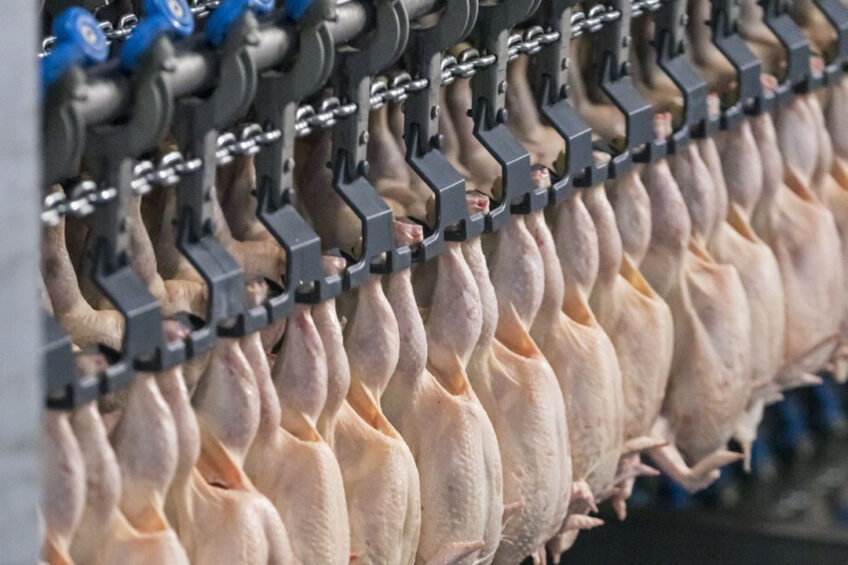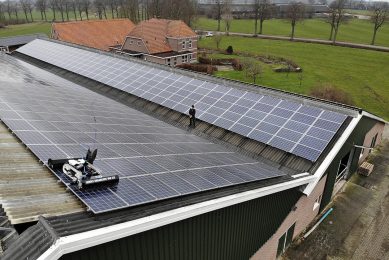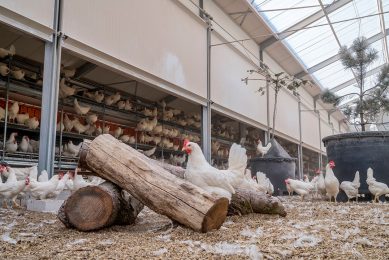UK poultry sector welcomes new CO2 agreement

Fears of another shortage of carbon dioxide impacting poultry production have receded following a deal with one of the UK’s largest fertiliser plants.
The British Poultry Council (BPC) has welcomed the latest agreement to ensure a sustainable supply of CO2 for vital food production. The deal will enable CF Industries’ Billingham plant, providing up to 60% of Britain’s CO2, to operate with little to no compromise to food supply or bird welfare.
Stunning, packing and refrigeration
The gas is used in the poultry sector for stunning, packing and refrigeration. The closure of the plant at Billingham and Ince in September, which was a result of the rising wholesale price of natural gas, caused welfare issues for the sector.
“…CO2 must be considered something that is in the ‘national interest’…”
Richard Griffiths, BPC chief executive, said: “The announcement of an agreement to ensure supplies of CO2 for industries like our own is a good thing. The last thing Britain’s food producers need right now, against a backdrop of high energy prices and food inflation, is more pressure. CO2 must be considered something that is in the ‘national interest’ and we have been working closely with the government to avoid disruption in this area of our supply chain.
“This agreement will enable the Billingham plant to operate as we, along with other sectors, navigate this tricky period of high energy prices and food inflation. We look forward to continuing our work with key government departments and officials to ensure resilience is built up in this area,” he added.
Relief also for the meat industry
The British Meat Processors Association (BMPA) said the news was a relief to the meat industry and was grateful that the government had been able to step in to broker a deal. It added, however, that its members were still unaware of how much supplies would cost.
“The longer-term concern would be if CF Industries decided to pull out of UK production in the future but, given the fluctuation in energy and other input prices, it’s hard to predict when or if that might happen,” added a spokesman.
 Beheer
Beheer








 WP Admin
WP Admin  Bewerk bericht
Bewerk bericht